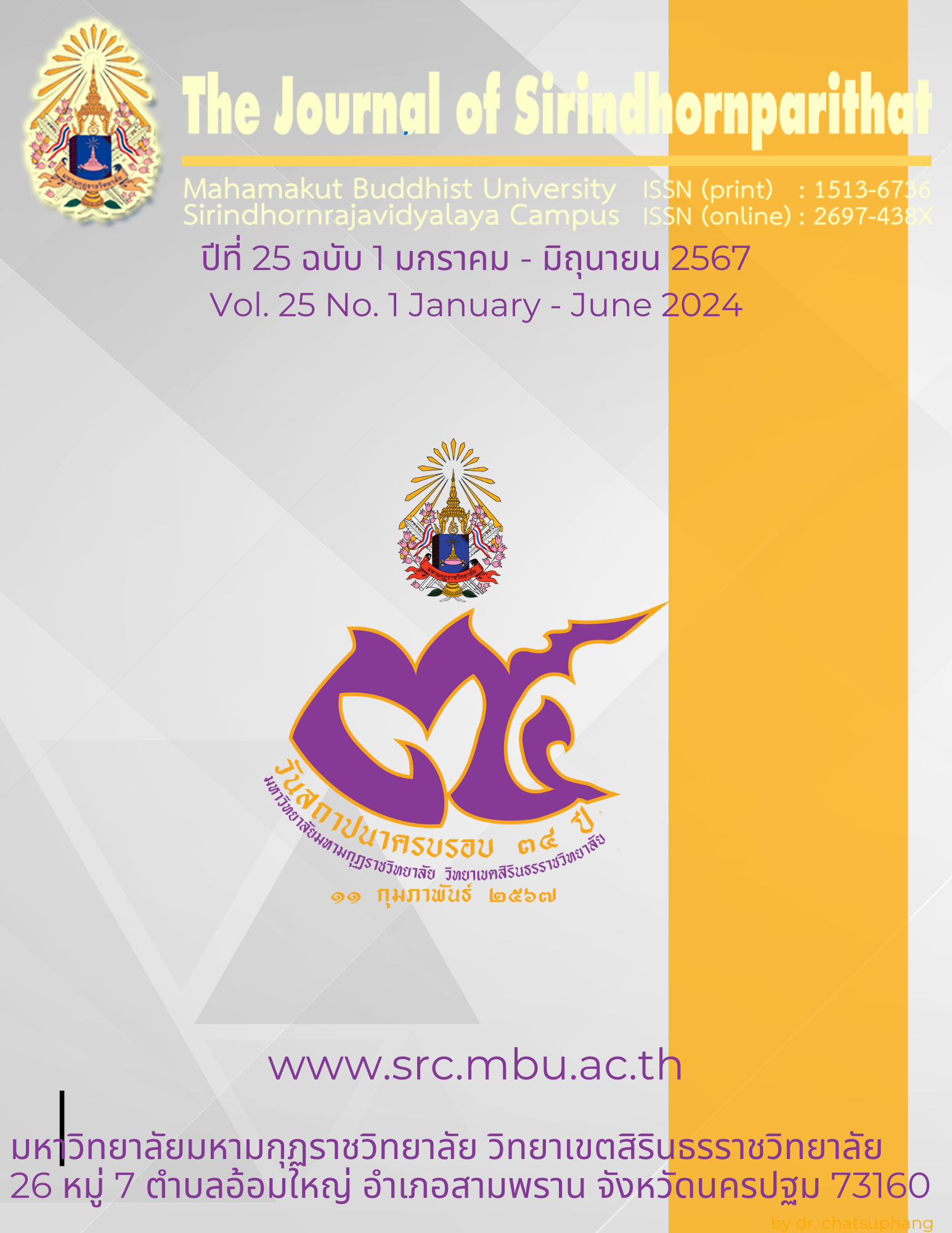The Mediating Effect of Corporate Reputation on Perceived Corporate Social Responsibility and Job Intention of Potential Employees in China
Keywords:
Perceived CSR, Potential Employees, Job Intention, Corporate ReputationAbstract
In recent years, research on CSR has attracted more and more attention from all walks of life. Existing studies have well supported the view that corporations should fulfill social responsibility and gradually turned to the research on the relationship between CSR and stakeholders, forming a rich theoretical basis and experience summarization. However, as a special stakeholder of potential employees, the research on the relationship between job intention of potential employees and CSR, especially the influence of mentally perceived CSR on job intention, and the role of corporate reputation in it is still very limited. This study attempts to answer this question through in-depth analysis and provide support for research in related fields. This study uses a quantitative analysis research method. The primary data collection is mainly collected by questionnaire survey, using the perceived CSR, job intention of potential employees, and corporate reputation as variables, using the mature scale to design the questionnaire, and using the Likert 5-level scale to measure the relevant variables. By random sampling, 418 valid questionnaires were distributed and recovered. Descriptive statistical analysis, reliability and validity test, confirmatory factor analysis, regression analysis, and mediating effect analysis were used. The data were processed and analyzed by SPSS and AMOS statistical analysis software. The results of this research were indicated that the model of the relationship between perceived CSR, corporate reputation, and job intention of potential employees had a significant positive correlation between perceived CSR and job intention of potential, between perceived CSR and corporate reputation, and between corporate reputation and job intention of potential employees. And corporate reputation had a mediating effect on the relationship between perceived CSR and the job intention of potential employees. This research can expand the research horizon of related fields in theory and can guide CSR behavior in practice, which has research value. However, due to the limited sample size, further testing is required.
References
Gao, Z. (2018). On corporate social responsibility and corporate strategic management. Money China (Academic Edition), No. 469(04): 83-84.
Kim, S. (2011). Transferring effects of CSR strategy on consumer responses: The synergistic model of corporate communication strategy. Journal of Public Relations Research, 23(2): 218-241.
Holladay, S. (2014). Corporate Integrity and Social Responsibility. Business and Corporate Integrity: Sustaining Organizational Compliance, Ethics, and Trust [2 volumes]: Sustaining Organizational Compliance, Ethics, and Trust, 53.
O’riordan, L., & Fairbrass, J. (2008). Corporate social responsibility (CSR): Models and theories in stakeholder dialogue. Journal of business ethics, 83(4): 745-758.
Xin, H. (2009). Research on corporate Social Responsibility report and its influence on consumers' purchase intention. Doctoral dissertation, Shanghai Jiao Tong University.
Kim, H. R., Lee, M., Lee, H. T., & Kim, N. M. (2010). Corporate social responsibility and employee–company identification. Journal of Business Ethics, 95(4): 557-569.
Rabbi, F., Ahad, N., Kousar, T., & Ali, T. (2015). Talent management as a source of competitive advantage. Journal of Asian business strategy, 5(9): 208.
Lis, B. (2012). The relevance of corporate social responsibility for a sustainable human resource management: An analysis of organizational attractiveness as a determinant in employees' selection of a (potential) employer. management revue, 279-295.
Helm, S. (2011). Employees' awareness of their impact on corporate reputation. Journal of Business Research, 64(7): 657-663.
Turker, D. (2009). Measuring corporate social responsibility: a scale development study. Journal of Business Ethics, 85(4): 411-427.
Roeck, K., & Delobbe, N. (2012). Do environmental csr initiatives serve organizations' legitimacy in the oil industry? exploring employees' reactions through organizational identification theory. Journal of Business Ethics, 110(4): 397-412.
Chen, Y., & Yang, L. (2012). The correlation between job-hunting behavior and self-esteem and job-hunting intention of graduate students. Journal of Jiangsu Institute of Education (Social Science).
Yang, C. (2008). A Study on the Relationship between college students' career values, Job Intention and Job-seeking behavior. Doctoral dissertation, Zhejiang Sci-Tech University.
Fombrun, C. J. (1996). Reputation: Realizing Value from the Corporate Image. Harvard Business School Press, Boston, MA.
Hall, R. (1992). The strategic analysis of intangible resources. Strategic management journal, 13(2): 135-144.
Weiner, B. (1985). An attributional theory of achievement motivation and emotion. Psychological Review, 92(4): 548.
Ravasi, D., Rindova, V., Etter, M., & Cornelissen, J. (2018). The formation of organizational reputation. Academy of Management Annals, 12(2): 574-599.
Cravens, K., Oliver, E. G., & Ramamoorti, S. (2003). The reputation index: Measuring and managing corporate reputation. European management journal, 21(2): 201-212.

Downloads
Published
Issue
Section
License
Copyright (c) 2024 Mahamakut Buddhist University

This work is licensed under a Creative Commons Attribution-NonCommercial-NoDerivatives 4.0 International License.
บทความที่ได้รับการตีพิมพ์เป็นลิขสิทธิ์ของ มหาวิทยาลัยมหามกุฏราชวิทยาลัย วิทยาเขตสิรินธรราชวิทยาลัย
ข้อความที่ปรากฏในบทความแต่ละเรื่องในวารสารวิชาการเล่มนี้เป็นความคิดเห็นส่วนตัวของผู้เขียนแต่ละท่านไม่เกี่ยวข้องกับหาวิทยาลัยมหามกุฏราชวิทยาลัย วิทยาเขตสิรินธรราชวิทยาลัย และคณาจารย์ท่านอื่นๆในมหาวิทยาลัยฯ แต่อย่างใด ความรับผิดชอบองค์ประกอบทั้งหมดของบทความแต่ละเรื่องเป็นของผู้เขียนแต่ละท่าน หากมีความผิดพลาดใดๆ ผู้เขียนแต่ละท่านจะรับผิดชอบบทความของตนเองแต่ผู้เดียว



